Coping when self-care doesn’t work
Sometimes we are just tired.
Emotionally depleted, with our bodies feeling like lead moving through thick viscous oil. At times we can still function to accomplish the bare minimum. Other times, writing just one email requires every ounce of energy. Most people know that we need the basics of “self care”: around 8 hours of sleep/night, nutritious balanced meals, and daily exercise.
But what happens when those just aren’t enough?
photo by Luis Villasmil
We can evaluate various domains of our well-being
Physical
When do you eat and what do you eat? Does it affect your mood or how your body feels? How is your sleep? Often people with anxiety have difficulty falling asleep due to the changes in our brain waves while we’re falling asleep, so it’s easier for worry thoughts to arise then. Those that are depressed can have early morning rising, but still tired and unable to return to sleep. How do you get your body moving throughout the day? Do you do weight bearing exercises or cardio? How often and how intense do you exercise and how does it change your mood?
Psychological
Do you have time to self-reflect? are you able to create boundaries to protect your own needs? Do you say No and Yes in a way that is congruent to what you truly want? Do you allow yourself to receive? Do you have a hobby you’re engaged in? Do you journal?
Emotional
What is your internal dialogue normally - is it positive self-talk, or are you hard on yourself? Is your main motivator through being hard and demanding on yourself, or through kindness and support? Do you have opportunities to play (with children and animals are great!)? Are you proud of yourself throughout the day? If so, what for?
Spiritual
Do you seek community or have a sense of belonging? How are you relationships with friends? Do you practice optimism and hope? Are you open to inspiration? Do you live your life with intention?
Work
Do you seek out mentorship or supervision? When you are unsure, confused, or have a problem, how comfortable are you in seeking out help? Do you set limits when appropriate? How much time do you spend comparing yourself to others? How much time do you connect to your colleagues, even if just to one other person for support?
Your answers to these questions are a start to understanding the barriers getting in the way of you being the person you want to be.
Sign up for my newsletter to receive a convenient PDF on situations that may require you to assert and define your boundaries, or to learn more about a personal, practical way to quickly improve your quality of life through boundary setting through an up-coming online course.

